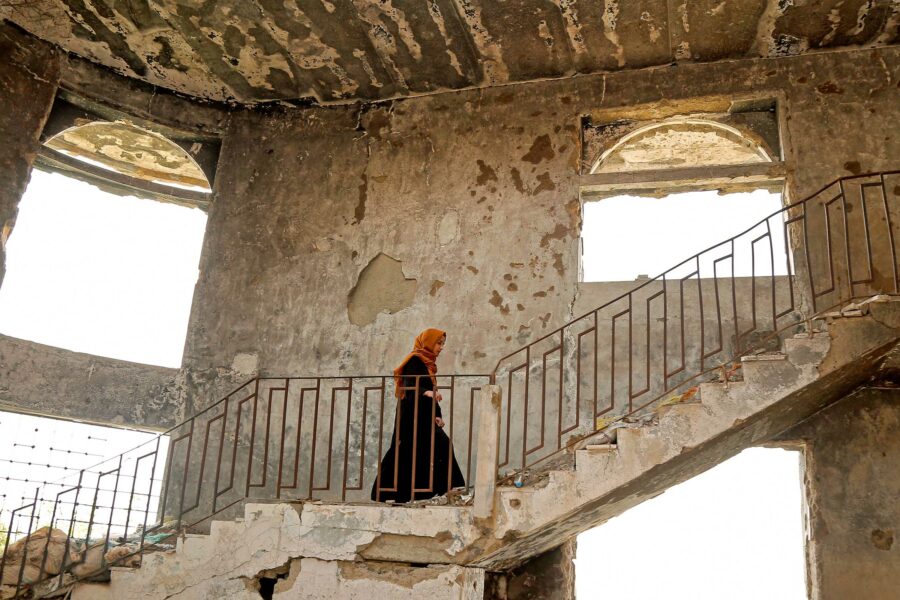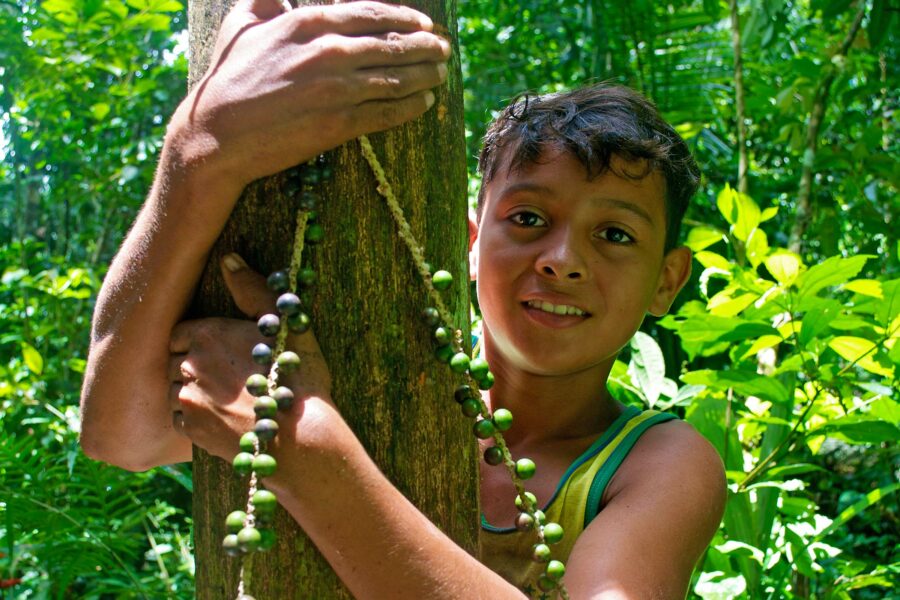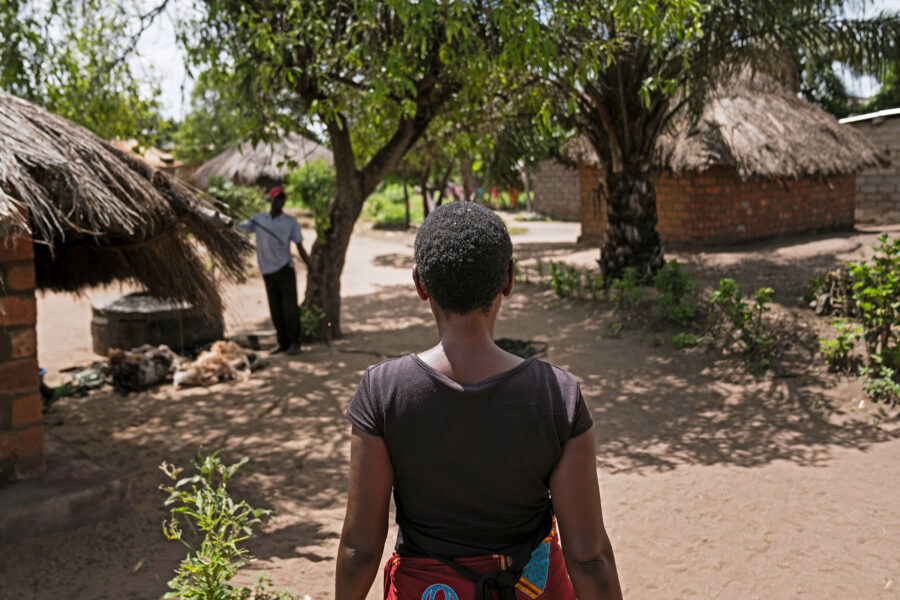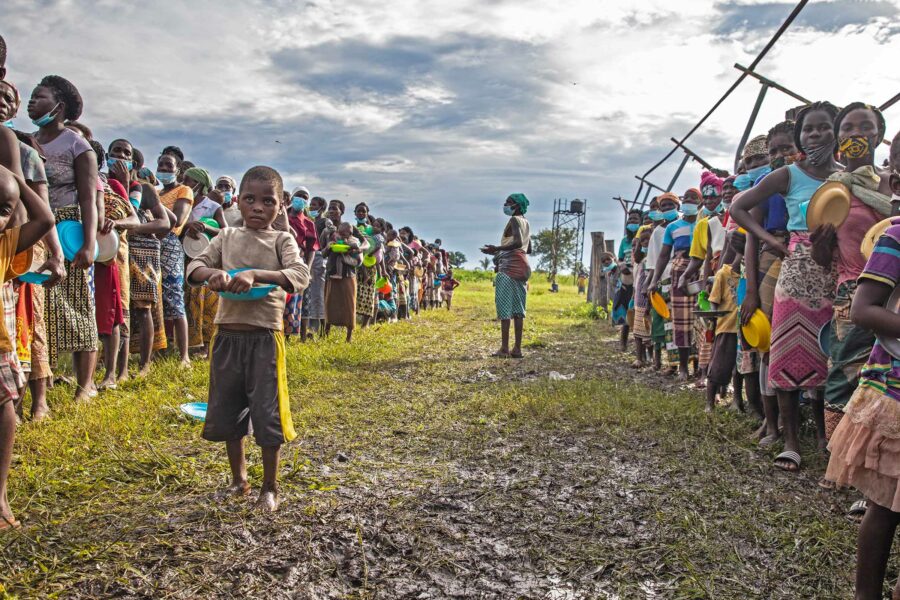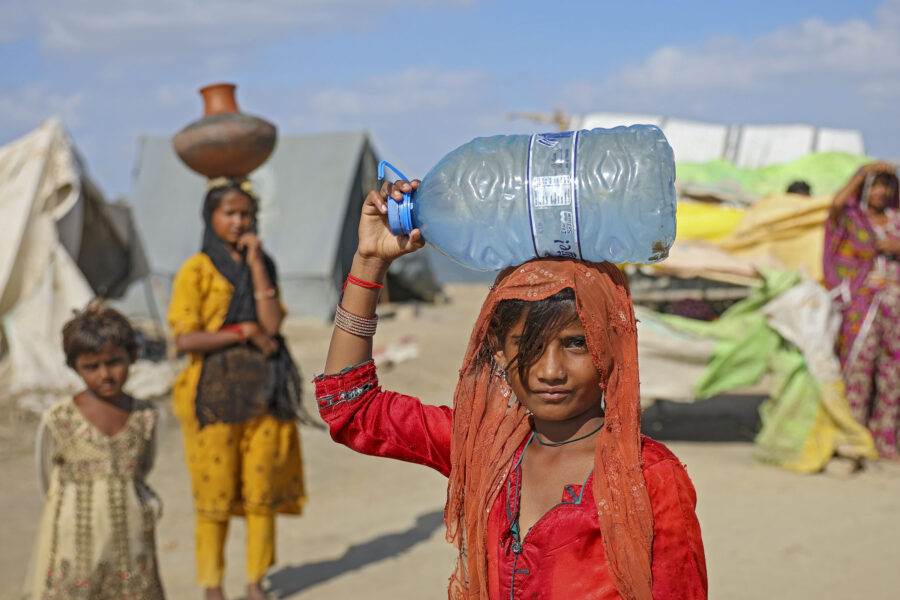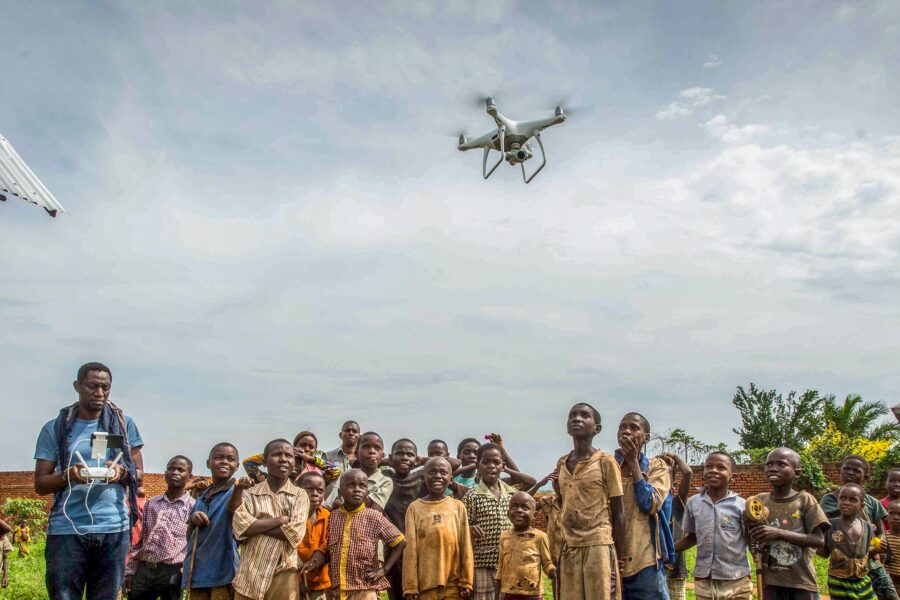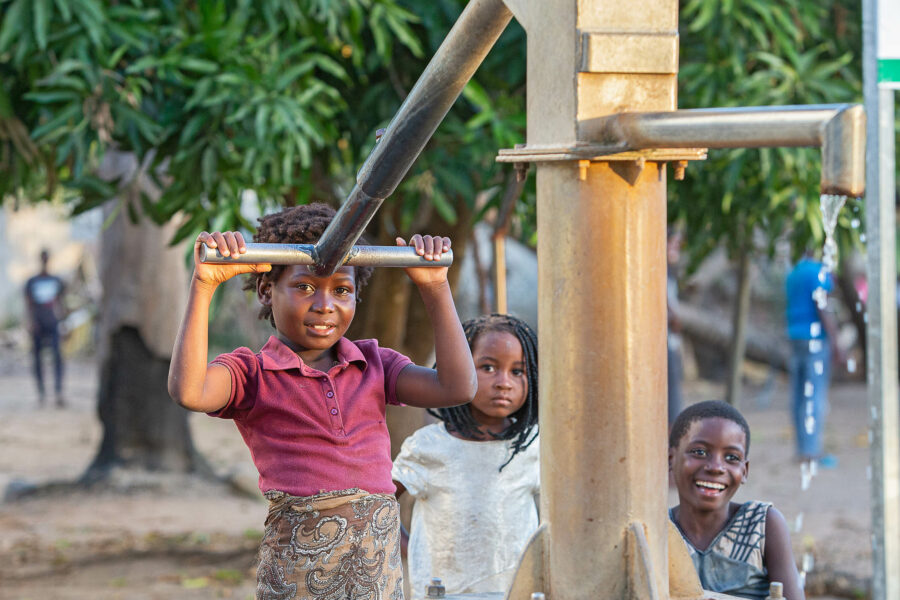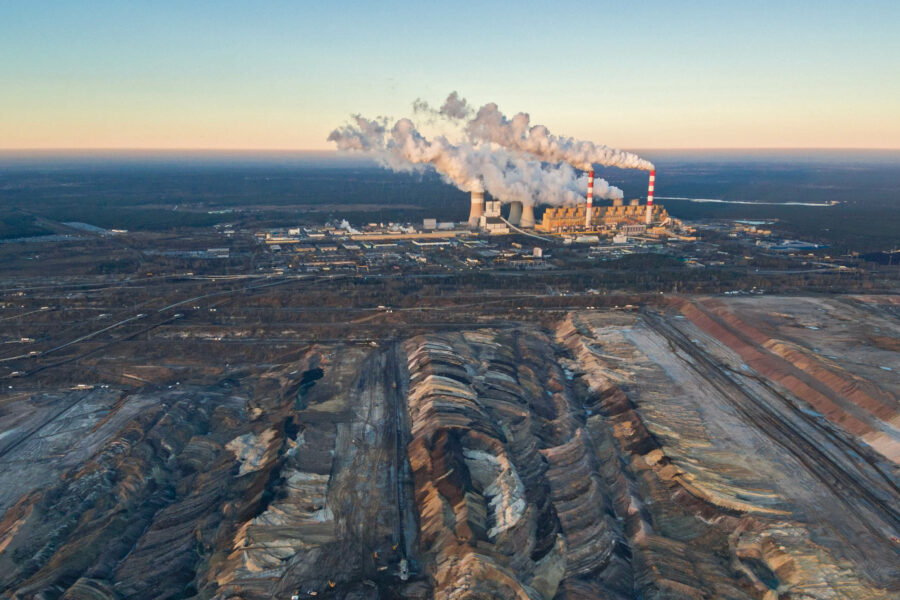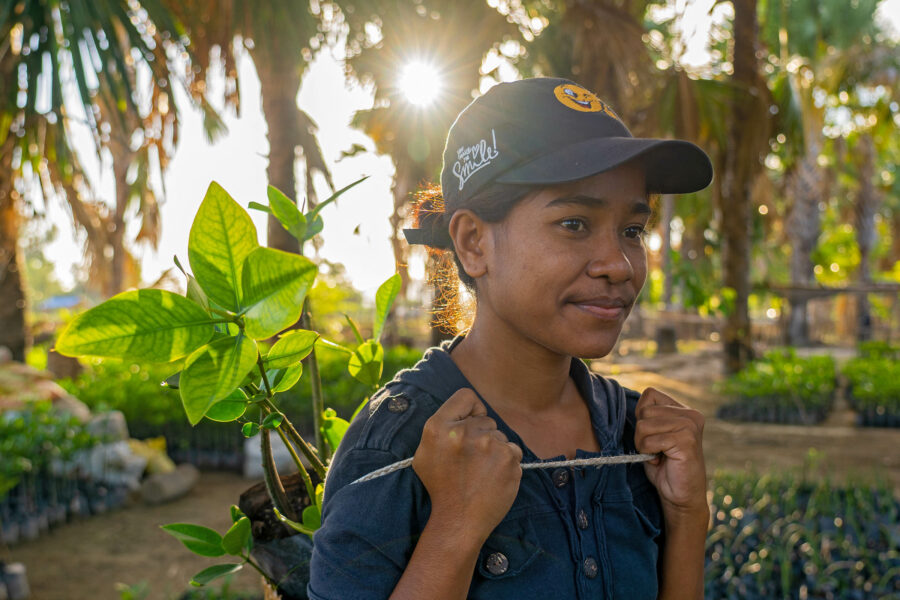How conflict drives hunger for women and girls
Gender — Global
Women around the world face the brunt of severe hunger, with conflicts exacerbating the inequality. Ending this discrimination requires empowering more women and girls to lead on building peace and food security for all

